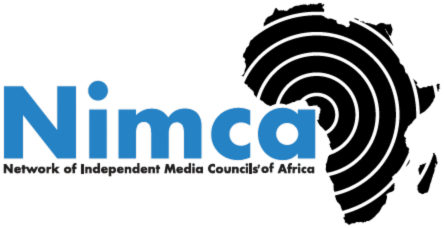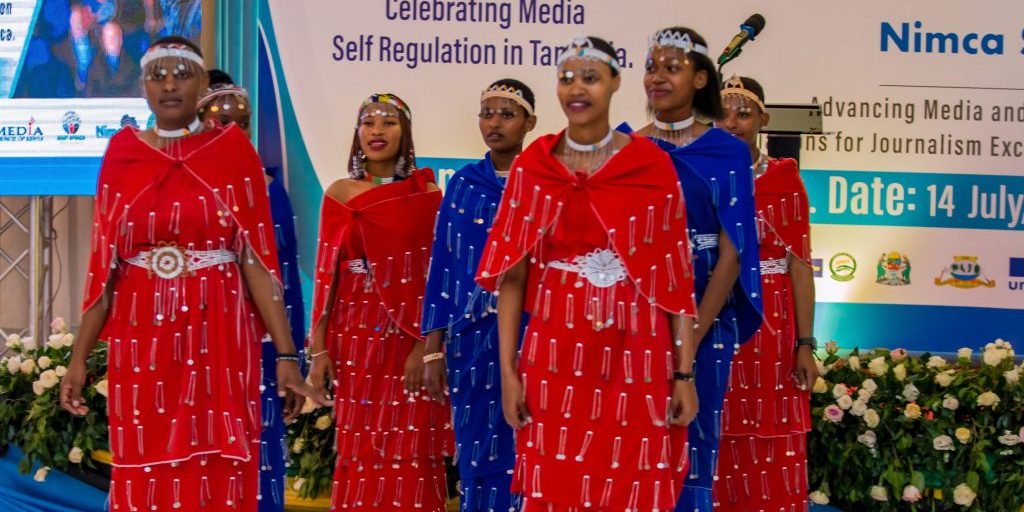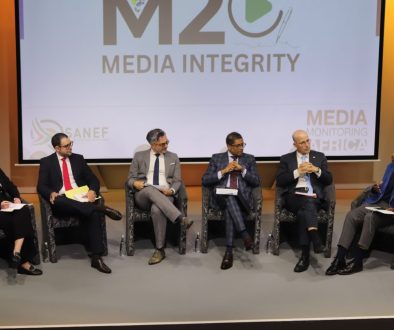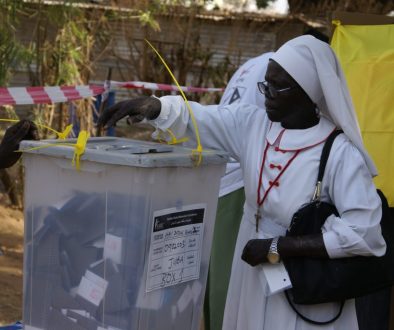Historic AGM: call for ‘continental approach, rooted in our realities’
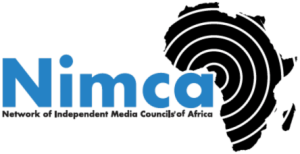 Outcome of the inaugural Annual General Meeting of the Network of Independent Media Councils in Africa
Outcome of the inaugural Annual General Meeting of the Network of Independent Media Councils in Africa
Arusha, United Republic of Tanzania
The inaugural AGM of NIMCA convened in Arusha from 14 to 16 July 2025 under the theme, ‘Advancing Media and Communication Regulations for Journalism Excellence in Africa’.
The gathering brought together 13 NIMCA media councils, as well as other journalism and media bodies, policymakers, civil society actors, academics, editors and international development partners from across Africa and beyond.
The AGM marked a significant milestone in the institutionalisation of NIMCA, following its formation in Cape Town in May 2024. Delegates agreed on constitutional provisions for the Network and elected its leadership as follows:
- Assembly President: Kennedy Mambwe, Chairperson, Media Self-Regulation Council of Zambia
- Board Chairperson: Phathiswa Magopeni, Executive Director, Press Council of South Africa
- Other Board members represent media councils in West, East and Southern Africa
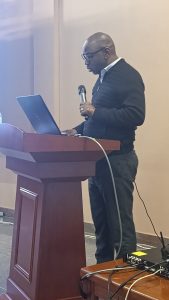
NIMCA also launched its website and endorsed a strategic programme of action aimed at
strengthening independent media regulation across the continent.
Upholding media self-regulation and independence
Participants reaffirmed the centrality of self- and co-regulation in ensuring professional, ethical journalism that is credible, independent and accountable to the public. They aligned themselves with the Declaration of Principles on Freedom of Expression and Access to Information in Africa, adopted by the African Commission on Human and Peoples’ Rights in 2019, which mandates states to create enabling regulatory environments and encourages self-regulation that is impartial, inclusive and cost-effective.
Delegates called on African governments to repeal laws that criminalise defamation, sedition and the publication of false information, and to adopt legislative and policy frameworks that strengthen independent journalism and freedom of expression, support media and information literacy, and promote the safety of journalists.
Advancing digital governance and information integrity
Recognising the rapidly evolving digital ecosystem, delegates expressed concern about the growing spread of misinformation and disinformation, algorithmic bias and opaque platform practices.
They endorsed UNESCO’s Guidelines for the Governance of Digital Platforms and the ACHPR’s three Resolutions on developing African digital rights guidelines for freedom of expression, access to information and information integrity, focusing on issues such as the accountability of technology platforms, fact checking, information integrity, public service content in the digital age, and access to data.
The meeting called for a continental approach to digital governance that is rooted in African realities, prioritises freedom of expression and embeds safeguards to uphold public trust and media integrity.
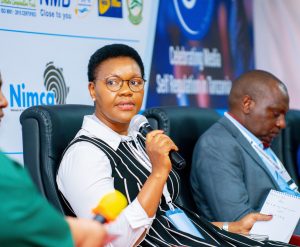
Responding to Artificial Intelligence and emerging technologies
Delegates noted the increasing use of AI in content creation and news curation, highlighting the ethical challenges this presents for accuracy, transparency and editorial independence. It called for the establishment of regulatory guardrails and newsroom-level practices that uphold journalistic standards while fostering innovation.
Promoting gender equity and disability inclusion
Delegates committed to institutionalising gender balance across all NIMCA governance structures and promoting inclusive media regulation practices.
The Summit stressed the importance of upholding disability rights and emphasised the need for accessible content, inclusive newsroom cultures and regulatory standards that reflect diverse lived experiences.
Strengthening media viability and sustainability
Acknowledging the financial precarity facing many media councils and newsrooms, delegates called for increased investment in public interest journalism and the development of innovative funding models for media regulation.
Participants urged media development partners to support the strengthening of regulatory bodies and fund research and innovation that contributes to media accountability and resilience.
Call to Action
NIMCA invites all voluntary self-regulation and statutory independent news content regulatory councils on the continent to join the network and collaborate in advancing rights-based, contextually-grounded regulatory models.
In the face of persistent threats to press freedom and information integrity, the AGM concluded with a resounding commitment to uphold the principles of editorial independence, transparency, inclusivity and public accountability
As Africa navigates complex challenges in the information ecosystem, NIMCA remains committed to building a media landscape where ethical journalism thrives, self-regulation is strengthened, and the public’s right to accurate, timely and diverse information is protected.
The NIMCA AGM was part of the proceedings of the 2nd Pan-African Media Councils Summit, hosted by the Media Council of Tanzania.
East Africa: Media Council of Tanzania; Media Council of Kenya; Media Council of Uganda; Rwanda Media Commission, and Ethiopia Media Council
West Africa: National Media Commission, Ghana; Nigerian Press Council
Southern Africa: Namibia Media Ombudsman; Media Council of Malawi; Voluntary Media Council of Zimbabwe; Zimbabwe Media Commission; Media Self-Regulation Council of Zambia, and the Press Council of South Africa
For further information, contact:
Kennedy Mambwe: +26 95 0003333
Phathiswa Magopeni: +27 84 9001304
